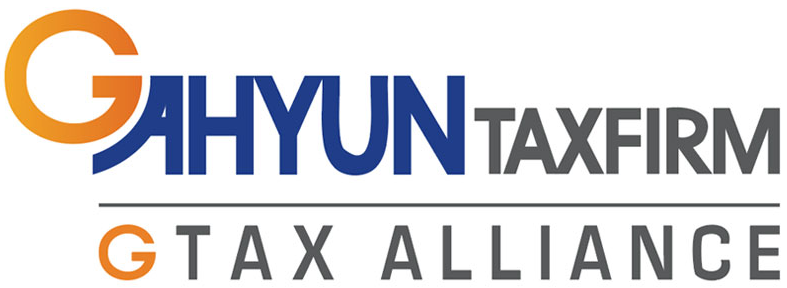
Most small and medium-sized companies often opt to outsource their bookkeeping and payroll to tax firms. This is because bookkeeping, which involves creating financial statements, requires expertise in accounting and tax knowledge. It's more efficient for companies to outsource this task to a reliable tax accountant rather than hiring an employee for the job.
Consequently, you'll receive financial statements from your tax accountant. These statements typically include the Balance Sheet and Profit & Loss Statement, providing a snapshot of the company's current financial standing.
However, understanding the numbers in these statements can be challenging if you're not well-versed in accounting. To bridge that gap, I'll walk you through each item in the financial statement, helping you grasp your company's current financial status.
In Profit & Loss Statement, it reveals the company's revenue and expenses.
In this second chapter, let's delve into Tax and dues.
1.What are accounted as tax and dues in Profit & Loss statement?
By running a business, corporations pay taxes and dues, but not every tax is accounted for as tax and dues. Some taxes are not considered as such because they are not accepted as costs by law. Sometimes, the company may consider certain payments as taxes, but if the amounts are withheld from payments, they are not accounted for as tax and dues.
For example, the company pays withholding taxes every month, but we don't consider it as a cost because it's the money withheld from employees' salaries and paid to the tax office on behalf of employees. VAT amounts are also similar in nature.
So, the amounts accounted for as tax and dues include local taxes for licenses, property taxes, or national pension amounts. However Even though the company pays these taxes and accounts for them as tax and dues in the Profit & Loss statement, when we file the Corporate Income Tax for the whole year, some amounts may be denied as costs.
2.Which items are accepted as deductible and which are not?
The Corporate Income Tax Law, Article 21, indicates taxes that should not be deductible expenses in calculating corporate income taxes.
1.Corporate taxes are surely not deductible because they are calculated based on sales and costs. If these amounts are treated as costs, the taxes would need to be recalculated repeatedly.
2.Fines and penalties are not deductible. Allowing these to be deductible costs could influence the company's behavior.
3.When a company pays dues that are not mandated by law or regulation, meaning they are not mandatory taxes or dues, they are also non-deductible.
4.An interesting aspect is that when a company pays a "late fee" for some tax or dues, it's considered a deductible cost. However, when a company pays a surcharge or additional amounts for some tax or dues, they are not considered deductible costs. So, it's important to understand the distinctions.


If you are in search of a reliable English-speaking tax accountant, please don't hesitate to contact us! G-Tax Firm specializes in providing tax services exclusively for foreigners and foreign corporations in Korea. With extensive experience working with international companies, you can trust us for accurate and professional assistance


you can contact me through the information in the name card.
Or Please fill in the below form
G-tax (Tax & Accounting service)
Thank you for contacting us! Please fill the questionnaire in. We will reach out to you as soon as possible.
docs.google.com
Thank you for read my article! I hope it helps.
If you want to see more information about Korea tax and accounting, please follow us.
And if you need help for your tax filing or accountung or looking for CPA in Korea, don't hesitate to contace us
G-tax / Certified Tax Accountant / Steven Yang
+82 10 9599 7152
steven@g-tax.kr




